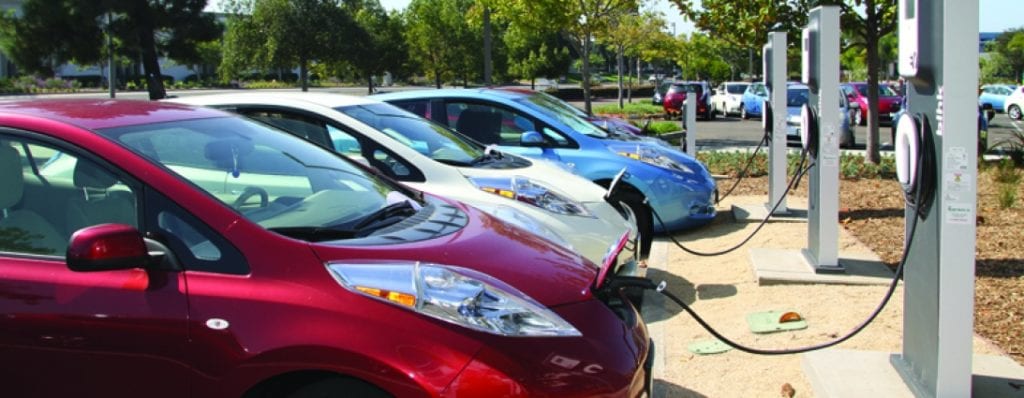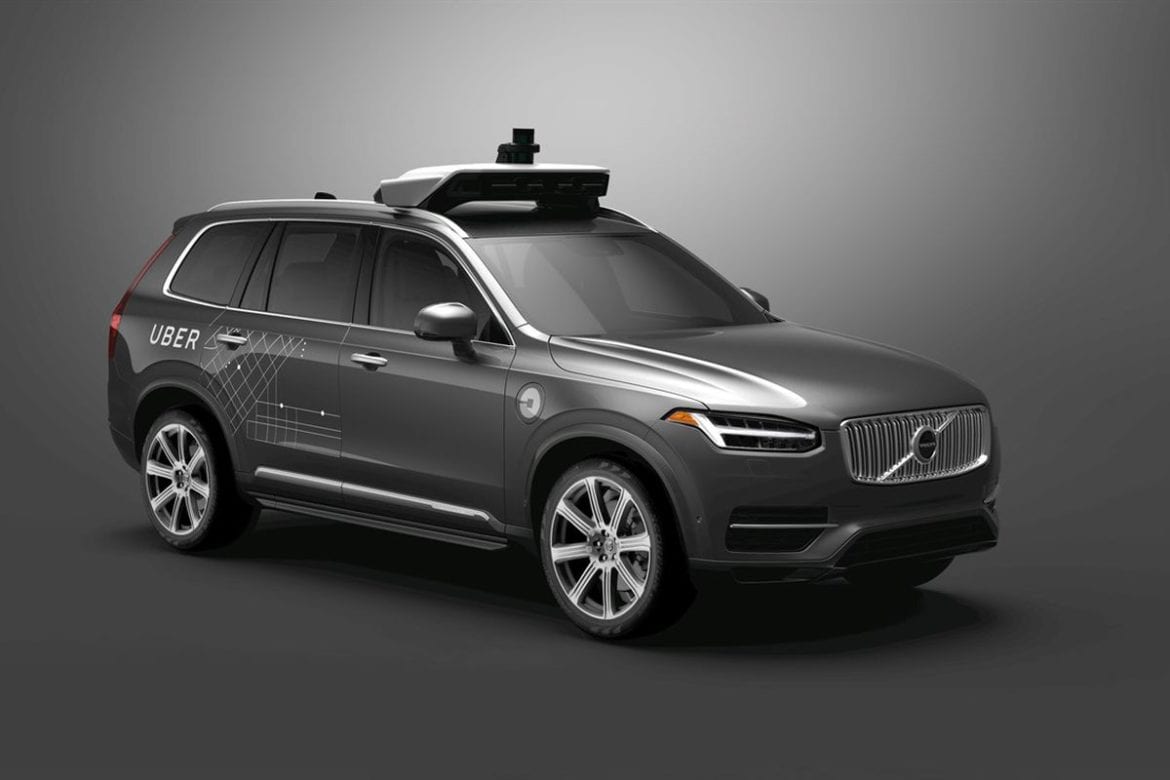A recent study from JD Power has concluded that US-based consumers still do not show a high confidence in regard to the future of autonomous and electric cars. According to the study, confidence in autonomous cars is low, while there is a neutral stance towards electric cars.
JD Power’s Mobility Confidence Index Study in collaboration with SurveyMonkey polled 5,749 consumers about self-driving cars and 5,270 consumers about all-electric vehicles. The general sentiment wasn’t very high for either technology. Both polls were scored on a confidence range from 0-100, with 100 being most confident. According to the study, autonomous cars scored a 36 out of 100, while electric cars scored a 55 out of 100.
The study defines a low sentiment as anything below 40 points, a neutral sentiment as 41-60 points, and a positive sentiment at 61 points and higher.
Unfortunately, the full study has not been published, so we do not know the full demographic of people that were surveyed. We do know that 66% of the participants had “little to no knowledge” regarding self-driving cars, and 68% of respondents had no experiences with electric cars, which was defined as never having been in one. With a majority of the participants not having much knowledge about the technology, it is no surprise that the general sentiment towards the technology is so low.
Self-Driving Concerns
Some of the top concerns reported in the survey about self-driving cars were: worries about tech failures (71%); risk of a vehicle being hacked (57%); and the legal liability of a collision involving the car (55%).
These worries are all warranted of course, as trusting your multi-ton hunk of metal to safely control itself without killing anyone often takes a huge leap in confidence. Autonomous driving companies will have a lot of work to do to gain the confidence of consumers and any incident will be a potential death-sentence to the technology in its emerging stages. The legalities of incidents involving self-driving cars will also have to be settled on within the next decade, and something tells me it won’t be a simple decision.
However, 65% of respondents did believe that the technology will benefit their lives in some way. There were 39% of respondents that were not excited about autonomous tech in any capacity (delivery services, public transit, taxi/ride-hailing service and personal vehicles).
Going back to knowledge, Gen Z (defined as individuals born between 1995-2004) expressed the most knowledge about self-driving cars, while Boomers (born 1946-1964) expressed the least amount of knowledge. According to the survey, 71% of consumers stated that they were more likely to purchase or lease a self-driving car if they had a lot of knowledge about them, but this sentiment dipped to 25% if consumers knew nothing about them. This points to the important of educating people about the emerging technologies. Who would buy something they knew nothing about?
Electric Car Concerns

If you have even a slight interest in electric cars, I’m sure that you would be able to guess that the top two concerns in regard to electric cars were the availability of charging stations (64%), and concerns about range (59%). An interesting statistic to me was that actually 74% of people would be willing to wait up to 30 minutes for a charge of 200 miles, ,meaning that the charging rate of most Tesla’s will be enough for the majority of people according to this survey. Automakers have been pushing their future EVs to have such high charge rates, and while it would be nice to charge even faster, it does not seem that it was that big of a concern, at least according to this survey.
As stated in the survey, 75% of respondents who have owned or leased a battery-electric car would consider repurchasing or leasing a similar car. However, only 40% of those who have not owned or leased a battery-electric vehicle would consider purchasing or leasing one. Finally, 78% of respondents stated that tax rebates or credits would factor into their purchase decision, meaning that companies like Tesla and GM are starting off at a disadvantage with their expiring tax credits when being shopped against newcomers.
Knowledge is Key
Kristin Kolodge, Executive Director, Driver Interaction & Human Machine Interface Research at J.D. Power, commented on the survey, stating:
“Out of the box, these scores are not encouraging. As automakers head down the developmental road to self-driving vehicles and greater electrification, it’s important to know if consumers are on the same road—and headed in the same direction. That doesn’t seem to be the case right now. Manufacturers need to learn where consumers are in terms of comprehending and accepting new mobility technologies—and what needs to be done”
It should be noted that the push towards electric vehicles is more aggressive in Europe and China, meaning that the knowledge level of consumers there might be higher. This study should not be indicative of the global consumer, only the U.S. consumer. It would appear that the low confidence from both technologies is largely due to the fact that the majority of respondents had low knowledge or experience with the technologies. The study showed almost a neutral sentiment towards self-driving cars even though 66% of the participants had “little to no knowledge” about them. Imagine the effect on the confidence metric if the majority of participants were knowledgeable on the subject.
Studies like this show that not only will automakers have to dedicate their efforts towards improving their technologies, but they will also have to put effort towards educating their consumers, otherwise there’s going to be a lot of unbought cars sitting on the lots.
What do you guys think of the study? Let us know down in the comments below.
Source: JD Power

1 comment
[…] a month ago, a study that JD Power undertook found a majority of people didn’t have sufficient confidence in electric cars or […]